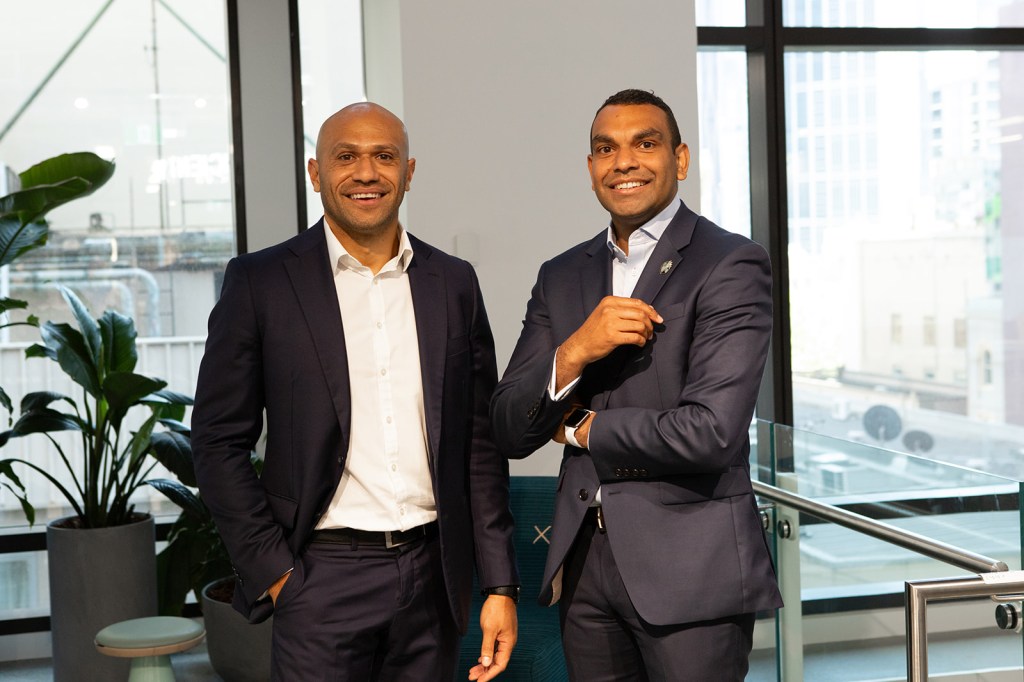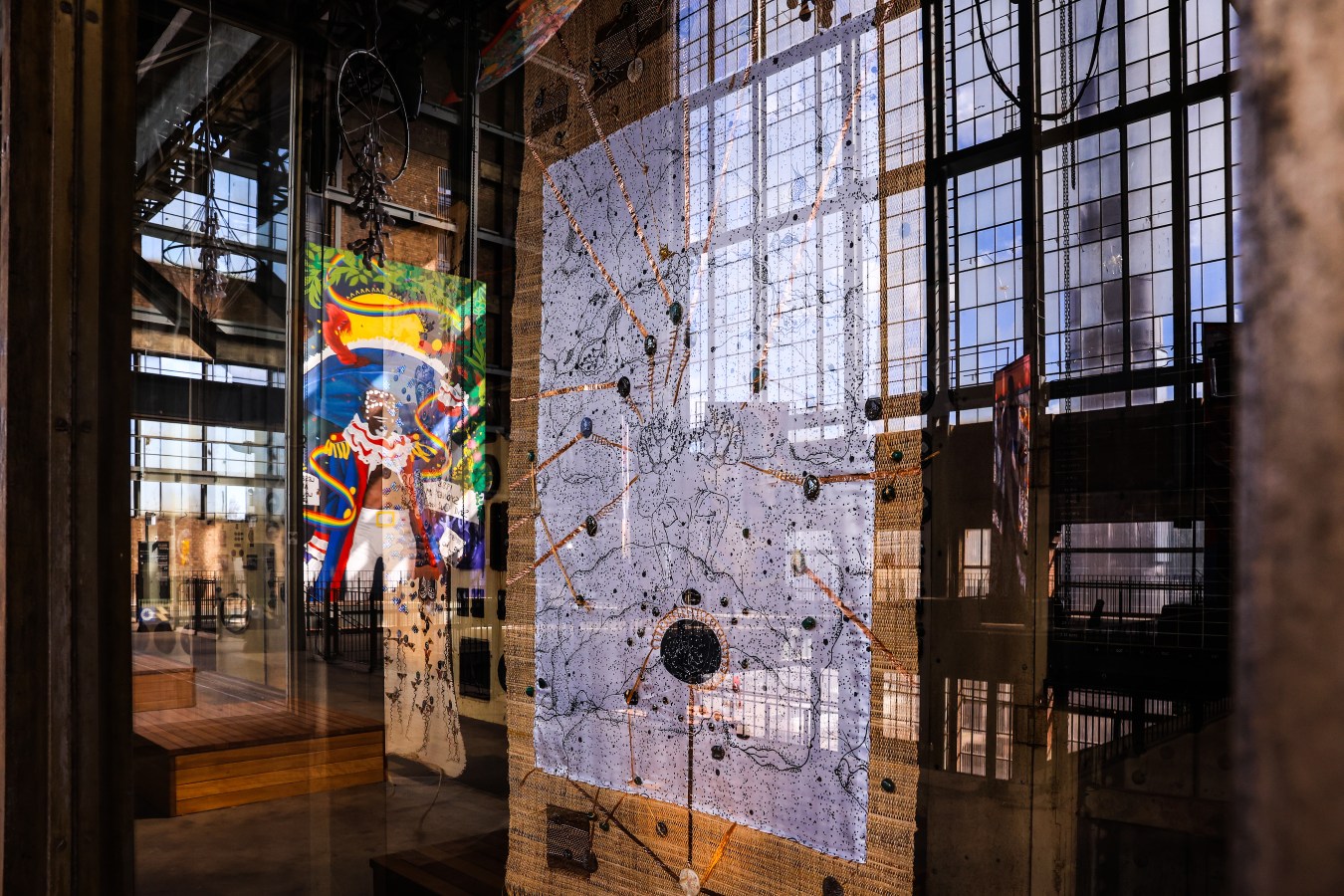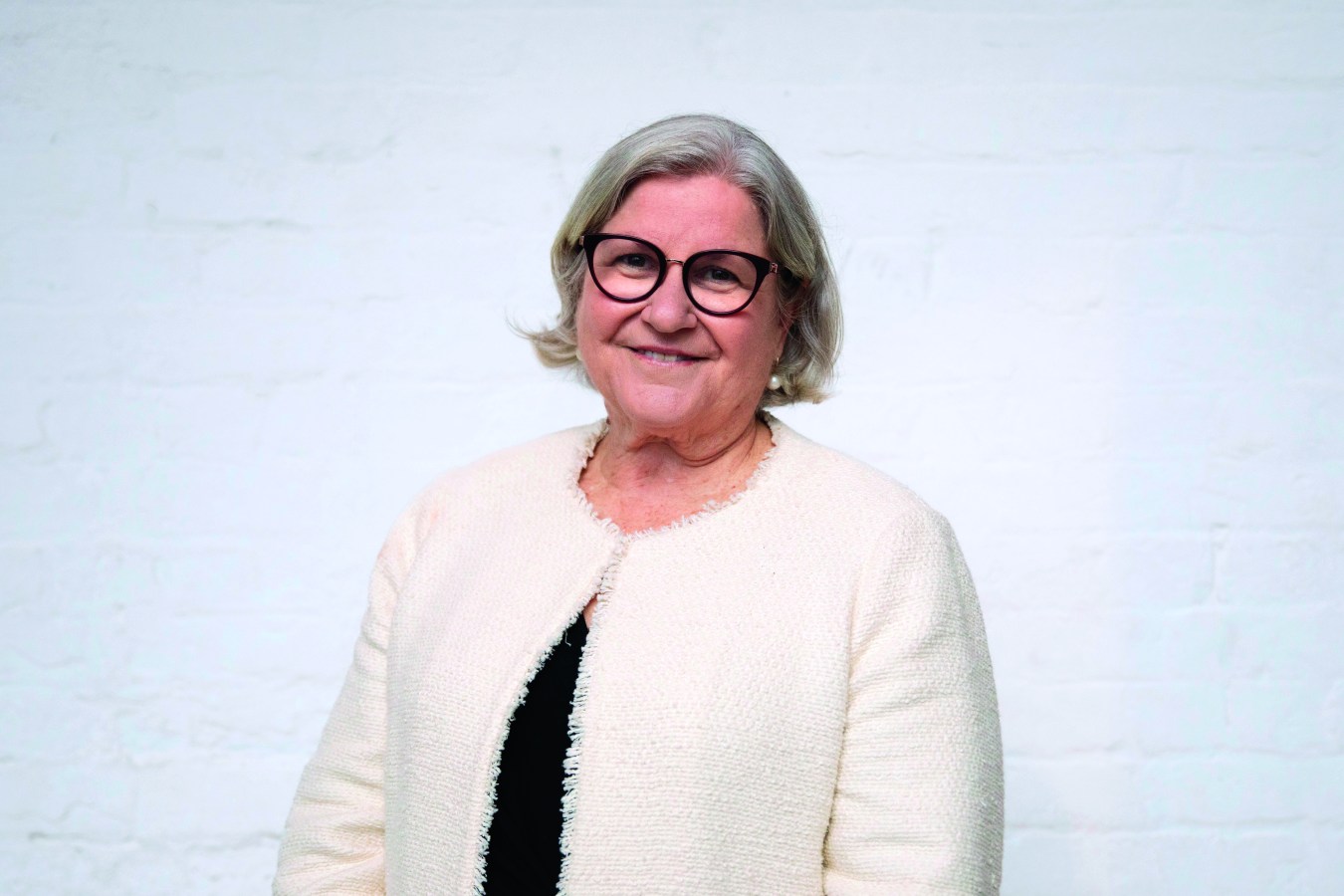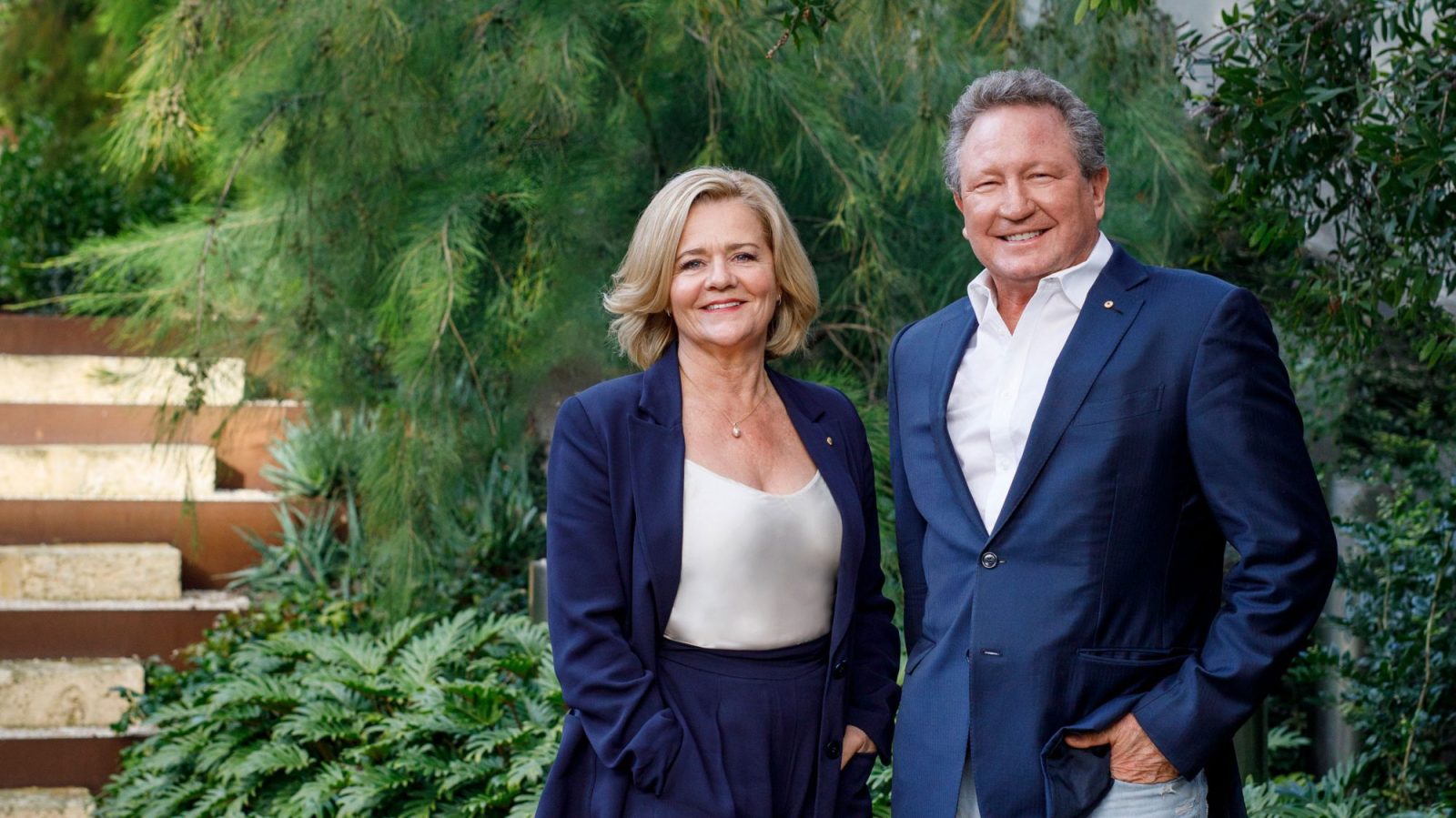Forbes Australia talks with the new co-managing director of First Australian’s Capital about raising funds to support First Nations founders and the rise of Indigenous food and beverage categories.

Less than a year ago, Benson Saulo was living in Houston, Texas and working as the Australian Consul General for Louisiana, Arkansas, and Oklahoma. Today, he is back in Melbourne where he started his career, and raising a fund to support First Nations entrepreneurs to build their businesses.
Saulo is off to a racing start. Three months after starting the new position, he announced that billionaire Jack Dorsey, founder of Block, is contributing $3 million to the First Australians Capital (FAC) Catalytic Impact Fund.
Over the last month, Saulo disclosed he has secured a $2 million commitment from the Visa Foundation and a $500,000 grant from QBE.
The descendant of Wemba Wemba and Gunditjmara people of Western Victoria and Papua New Guinea is leading discussions with other impact financiers, family offices and institutional investors. He is seeking capital interested in scaling Indigenous, sustainable, impactful businesses.
“Patient capital enables Indigenous businesses to grow where historically they have been excluded from participating,” says Saulo.
New York-based president of the Visa Foundation, Graham Macmillan, says the recent investment into FAC is to create a more inclusive entrepreneurial ecosystem in Australia.
“As one of the few investment firms of their kind in Australia, FAC has a proven track record of deftly leveraging their resources to foster business opportunities for women and underserved entrepreneurs in Australia,” Macmillan says.
The Sobah success story
The power of a fund committed to Indigenous entrepreneurs is something entrepreneur Dr Clinton Schultz understands all too well. Schultz launched the non-alcoholic beverage company ‘Sobah’ on the Gold Coast in 2017. He calls the capital and advice he received from FAC a game-changer.
Schultz holds a doctorate in psychology and is a chef, in addition to being an entrepreneur. He runs the beverage brand with his wife, Lozen. Sobah craft beers are flavoured with native fruits and spices such as Davidson plum, pepperberry, lemon aspen and finger lime. The range is brewed using malt, hops and yeast, and Schultz says while it is non-alcoholic, it still has the taste profile of traditional beer.
The husband-and-wife duo got into the non-alcoholic movement at an opportune time. US figures show the sector was valued at US$395 million in 2022, more than doubling since 2019. According to Neilsen data, beer makes up 85% of the non-alcoholic beverages consumed.
In 2020, FAC partnered with Westpac to facilitate funding for Sobah to double its production capacity. The organisation worked with the founders to ensure Sobah was loan-ready and to provide ongoing ‘wraparound’ support after the loan, jointly and equally guaranteed by Westpac.
A year later, Sobah raised $1 million in 2021 via crowdfunding platform Birchal. The fundraise enabled the Schultzes to open a 650-square-metre brewery in Burleigh Heads with brand new production equipment and a direct-to-consumer café and function space. Sobah beverages can also be purchased online through Dan Murphys.
Saulo is a fan of the product and greatly respects the founder.
“Schultz is not only a great entrepreneur – he is also a community asset. We back him as a leader within our community, particularly given his mental health work,” says Saulo.
The non-alcoholic beverage range has also proven influential in expanding awareness of indigenous food and beverage ingredients.
“Highlighting the value of native foods and botanicals through a product that can influence a wider range is critical. Featuring things like Davidson plum or finger lime within a non-alcoholic beverage is amazing. And it is a point of differentiation for a wider market,” says Saulo.
Growing the First Nations food and beverage category
“When we think about the Aboriginal movement influencing the mainstream – in the 80s, it was art, music and representation on TV,” says Benson Saulo, the new co-Managing Partner of First Australians Capital (FAC).
“What we’re seeing now is we are influencing the taste buds of Australians through traditional food that has sustained people for 60,000 years.”
Other First Nations entrepreneurs who have received funding from the FAC Catalytic Investment Fund have picked up that differentiation strategy.
“Native Foodways is a retail cafe in the heart of Sydney CBD,” says Saulo. “Like Sobah, it is taking native foods and botanicals and bringing it to a wider audience.”
Pawa Cafe is another business that has received FAC funding. It was founded by Aboriginal woman Niyoka Bundle from the Gundijtmara people of south-west Victoria. The restaurant and bar are in a prime position in Melbourne’s Arts Centre and offer lilly pilly croissants, strawberry gum brownies and kangaroo meat pies.
Also on the menu is Taka Gin, infused with First Nations native botanicals. Bundle pivoted from food to beverages during the COVID-19 shutdowns that prevented patrons from visiting her restaurant. The gin Bundle created during that time is now available at the reopened Pawa Cafe.
“Interlude is another bar in Melbourne that brings traditional food to the plates of everyday Australians,” says Saulo. “It is a powerful thing – we are building a deeper understanding of connection to country for all Australians. Not only where you walk, live and work – it is also the type of food you eat.”
Having an impact on Australian culture is part of what drives Saulo and his co-managing partner, Brian Wyborn. Together, the two First Nations executives are committed to effecting change for Indigenous entrepreneurs and expanding awareness in and appreciation for the culture among Australians of all backgrounds.
It is a playbook that is having an impact. In 8 years, FAC has worked with more than 800 businesses, injected $79 million into Indigenous-led companies, and created more than 300 new jobs. Benson says that FAC’s community-driven collective leadership model reflects the mindset of the Indigenous entrepreneurs that FAC supports.
“When we think about what an Indigenous-led economy could look like, it draws on the value of culture, traditional knowledge, and the broader impact that community can have.”
Look back on the week that was with hand-picked articles from Australia and around the world. Sign up to the Forbes Australia newsletter here or become a member here.


